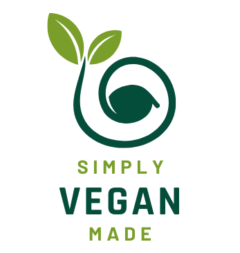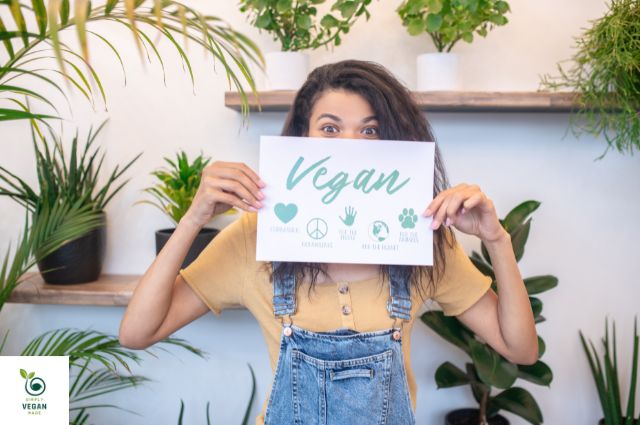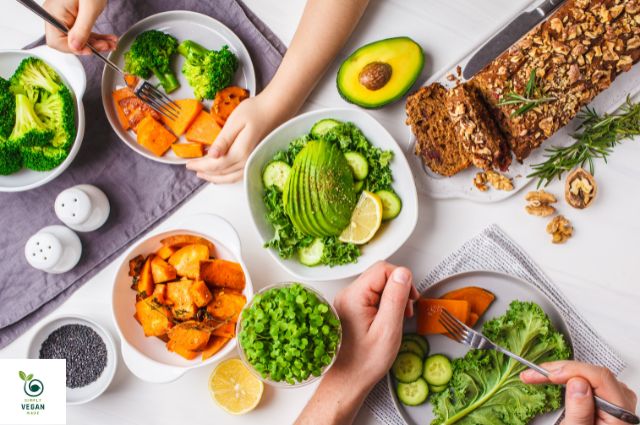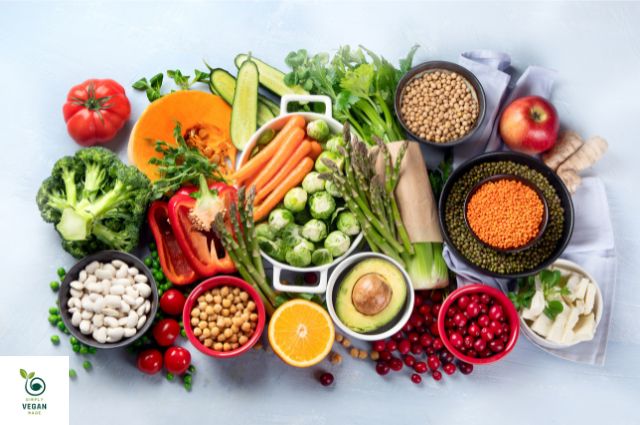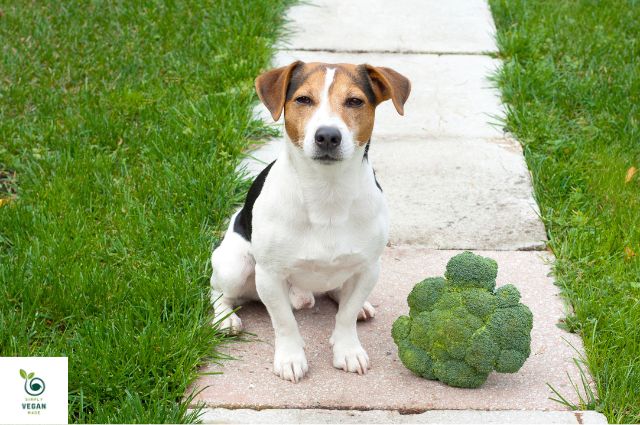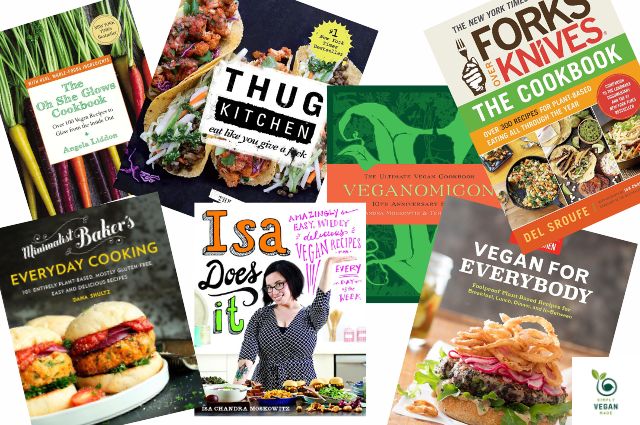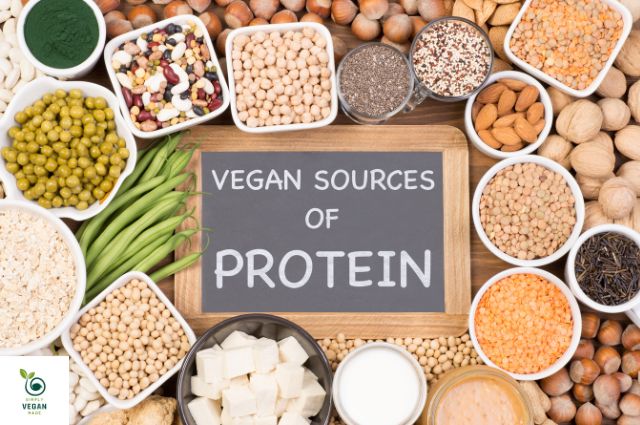Introduction
Veganism has become a powerful force for change in recent years, so, what is veganism? As someone who’s embraced this lifestyle for over a decade, I’ve seen firsthand how it can transform lives and make a positive impact on the world.
In this comprehensive guide, we’ll explore what veganism truly means, it’s history, benefits, challenges, and practical tips for those interested in adopting this compassionate way of living.
The Definition of Veganism
Veganism is a philosophy and way of living that seeks to exclude all forms of animal exploitation and cruelty. This extends to food, clothing, and any other purpose.
Vegans aim to tread lightly on the earth and respect all living beings.
The History of Veganism
Ancient Roots
The concept of avoiding animal products has existed for thousands of years. Ancient Indian and Mediterranean societies practiced vegetarianism as early as the 6th century BCE.
These early adopters were often motivated by religious or philosophical beliefs.
The Birth of Modern Veganism
The term “vegan” was coined in 1944 by Donald Watson, who also founded the first Vegan Society in the UK. Watson and his fellow vegans took vegetarianism a step further by eliminating all animal products from their diets and lifestyles.
The Growth of the Vegan Movement
Since it’s inception, veganism has grown from a fringe movement to a global phenomenon. Between 2006 and 2016, the number of vegans in the UK increased by 350%.
This trend has been mirrored in many other countries around the world.
The Scope of Veganism
Veganism extends far beyond dietary choices. It encompasses all aspects of life where animal exploitation might occur.
Food Choices
A vegan diet excludes all animal products, including:
- Meat and poultry
- Fish and seafood
- Dairy products
- Eggs
- Honey
Instead, vegans focus on plant-based foods such as:
- Fruits and vegetables
- Grains
- Legumes
- Nuts and seeds
- Plant-based choices to meat and dairy
Clothing and Accessories
Vegans avoid wearing or using products made from animals, including:
- Leather
- Fur
- Wool
- Silk
- Down feathers
The rise of vegan fashion has led to innovative choices, such as:
- Pineapple leather
- Mushroom leather
- Recycled plastic fabrics
- Organic cotton
- Hemp
Cosmetics and Personal Care
Vegan cosmetics and personal care products are free from animal-derived ingredients and are not tested on animals. This includes avoiding:
- Beeswax
- Lanolin
- Carmine
- Animal-derived glycerin
The cruelty-free beauty movement has revolutionized the cosmetics industry, with many major brands now offering vegan options.
Entertainment and Leisure
Ethical vegans avoid activities that exploit animals for entertainment, such as:
- Circuses with animal acts
- Zoos and aquariums
- Horse racing
- Bullfighting
Instead, they support animal sanctuaries and other ethical forms of entertainment.
Motivations for Veganism
People choose veganism for various reasons, often a combination of ethical, environmental, and health concerns.
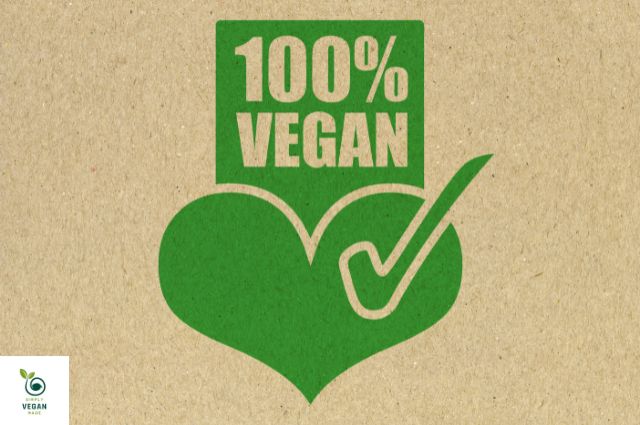
Ethical Considerations
For many vegans, including myself, the ethical argument is the most compelling. The belief that animals have the right to live free from human exploitation and suffering drives many to adopt a vegan lifestyle.
Animal agriculture often involves practices that cause significant suffering, such as:
- Factory farming
- Separation of mothers and offspring
- Painful procedures without anesthesia
- Slaughter of young animals
By choosing veganism, individuals can significantly reduce their contribution to animal suffering.
Environmental Impact
The environmental case for veganism is strong. A 2018 study published in the journal Science found that avoiding meat and dairy products is the single biggest way to reduce your environmental impact on the planet.
Plant-based diets need significantly less land, water, and energy compared to animal-based diets. They also produce fewer greenhouse gas emissions.
Some key environmental benefits of veganism include:
- Reduced deforestation
- Lower water consumption
- Decreased greenhouse gas emissions
- Reduced pollution from animal waste
- Preservation of biodiversity
Health Benefits
While a vegan diet isn’t automatically healthy, a well-planned plant-based diet can offer many health benefits. The American Dietetic Association stated in 2009 that appropriately planned vegan diets are healthful and nutritionally adequate for all stages of life.
Potential health benefits of a vegan diet include:
- Lower risk of heart disease
- Reduced risk of certain cancers
- Better weight management
- Improved digestion
- Lower blood sugar levels
- Reduced risk of type 2 diabetes
Navigating the Challenges of Veganism
While the benefits of veganism are clear, it’s not without it’s challenges. Here are some common hurdles and strategies to overcome them:
Nutritional Concerns
One of the biggest concerns for new vegans is getting all the necessary nutrients. While a well-planned vegan diet can meet all nutritional needs, it’s important to pay attention to certain nutrients:
Vitamin B12
Vitamin B12 is the only nutrient that’s not reliably found in plant foods. Vegans need to obtain B12 through supplementation or fortified foods.
Regular B12 blood tests are recommended to ensure adequate levels.
Iron
While plant-based iron is abundant, it’s less easily absorbed than iron from animal sources. To enhance absorption:
- Pair iron-rich foods with vitamin C sources
- Avoid drinking tea or coffee with iron-rich meals
- Cook in cast iron pans
Omega-3 Fatty Acids
Long-chain omega-3s, typically found in fish, can be obtained from algae-based supplements. Plant sources of omega-3s include:
- Flaxseeds
- Chia seeds
- Walnuts
- Hemp seeds
Calcium
Calcium is abundant in many plant foods. Good vegan sources include:
- Leafy greens (kale, collard greens)
- Fortified plant milks
- Tofu (made with calcium sulfate)
- Almonds and almond butter
Protein
Contra to what a lot of people believe, getting enough protein on a vegan diet is relatively easy. Good sources include:
- Legumes (beans, lentils, peas)
- Nuts and seeds
- Whole grains
- Soy products (tofu, tempeh)
Social Challenges
Navigating social situations can be tricky for new vegans. Here are some tips:
Communicate Clearly
When dining out or attending events, communicate your dietary needs clearly but kindly. Most restaurants and hosts are happy to accommodate if given advance notice.
Be Prepared
Always have some vegan snacks on hand for situations where vegan options might be limited. When attending gatherings, offer to bring a dish to share.
Connect with Like-Minded Individuals
Join vegan meetups or online communities for support and advice. Having a network of fellow vegans can make the transition much easier.
Educate Others
Be prepared to answer questions about your lifestyle choice. Stay informed about the reasons for your veganism and be ready to share this information in a non-judgmental way.
Overcoming Cravings
Missing favorite non-vegan foods is common at first. Here’s how to deal with cravings:
Explore Vegan Alternatives
There are now excellent plant-based versions of almost everything, from cheese to ice cream. Experiment with different brands to find your favorites.
Learn New Recipes
Expand your culinary horizons by learning to cook new vegan dishes. This can help you uncover new favorite foods and flavors.
Give Your Taste Buds Time
Your taste preferences can change over time. Many vegans find that their cravings for animal products reduce or disappear completely after a few months.
The Future of Veganism
As awareness grows about the impact of our food choices on personal health, animal welfare, and the environment, veganism continues to gain traction worldwide.
Technological Advancements
The rise of plant-based meats, innovative vegan cheeses, and other choices is making it easier than ever to adopt a vegan lifestyle. Companies like Beyond Meat and Impossible Foods are creating plant-based products that closely mimic the taste and texture of meat.
Sustainable Innovation
The vegan movement is driving sustainable innovation across many sectors, from food technology to fashion. We’re seeing the development of new materials like mushroom leather and lab-grown meat, which could change industries traditionally reliant on animal products.
Related: read my article on the best cool vegan shoes
Mainstream Acceptance
As more celebrities, athletes, and public figures embrace veganism, it’s becoming increasingly mainstream. Many restaurants now offer vegan options, and plant-based products are becoming more widely available in supermarkets.
Policy Changes
Some governments and institutions are beginning to recognize the environmental and health benefits of plant-based diets. We may see more policies encouraging plant-based eating in the future, such as in schools and hospitals.
Embracing Veganism: A Personal Journey
Transitioning to veganism is a personal journey, and it doesn’t have to happen overnight. Here are some steps to get started:
Educate Yourself
Learn about the ethical, environmental, and health aspects of veganism. Watch documentaries, read books, and follow vegan blogs or social media accounts for inspiration and information.
Start Small
Begin by incorporating more plant-based meals into your diet. Try having one vegan day per week, or replace one meal a day with a vegan option.
Find Your Motivation
Identify your primary reason for going vegan. Whether it’s for the animals, the environment, or your health, having a clear motivation can help you stay committed.
Explore New Foods
Veganism can open up a world of culinary adventures. Try new fruits, vegetables, grains, and plant-based products.
You might uncover new favorite foods you never knew existed.
Be Patient with Yourself
Remember, progress is more important than perfection. If you slip up, don’t be too hard on yourself.
Every plant-based meal makes a difference.
Seek Support
Connect with other vegans, either in person or online. Having a support system can make the transition much easier and more enjoyable.
Conclusion
Veganism is a powerful way to make a positive impact on the world. It benefits animals, the environment, and potentially our health.
While the transition may seem challenging at first, with the right information and support, anyone can successfully adopt a vegan lifestyle.
As someone who’s been vegan for over a decade, I can attest to the profound positive changes it’s brought to my life. I feel healthier, more aligned with my values, and empowered knowing that my daily choices are making a difference.
Whether you’re considering going vegan or simply curious about the lifestyle, remember that every step towards reducing animal product consumption counts. The vegan movement is growing, and with it comes more options, support, and opportunities to make a difference.
Key Takeaways
- Veganism extends beyond diet to all aspects of life
- It offers significant ethical, environmental, and potential health benefits
- Challenges can be overcome with proper planning and support
- The vegan movement is driving innovation and becoming increasingly mainstream
- Transitioning to veganism is a personal journey that can start with small steps
People Also Asked
What is the difference between vegan and vegetarian?
Vegetarians typically avoid meat but may consume dairy and eggs. Vegans exclude all animal products, including dairy, eggs, and honey.
Is a vegan diet healthy?
A well-planned vegan diet can be very healthy, providing all necessary nutrients. However, it requires careful planning to ensure adequate intake of certain nutrients like B12, iron, and omega-3s.
How do vegans get protein?
Vegans can get protein from sources like legumes, nuts, seeds, whole grains, and soy products. Many plant-based foods contain protein, and it’s possible to meet protein needs on a vegan diet.
Are vegan diets expensive?
Vegan diets can be very affordable, especially when based on whole foods like grains, legumes, and seasonal produce. Specialty vegan products can be pricier, but they’re not necessary for a healthy vegan diet.
Can children be raised vegan?
Yes, children can be raised on a vegan diet. However, it’s crucial to ensure they’re getting all necessary nutrients, especially during growth periods. Consultation with a pediatric dietitian is recommended.
How does veganism help the environment?
Veganism reduces demand for animal agriculture, which is a significant contributor to greenhouse gas emissions, deforestation, and water pollution. Plant-based diets generally have a lower environmental impact.
What are some common vegan substitutes for eggs?
Common egg substitutes in vegan cooking include mashed bananas, applesauce, ground flaxseed mixed with water, commercial egg replacers, and aquafaba (the liquid from canned chickpeas).
Is honey vegan?
Most vegans avoid honey as it’s produced by bees. Some vegans consider honey exploitation of bees, while others may consume it. It’s a personal choice within veganism.
How can I transition to a vegan diet?
Start by gradually replacing animal products with plant-based alternatives. Begin with one vegan meal a day or one vegan day per week, and slowly increase from there. Educate yourself about vegan nutrition and try new recipes to keep things interesting.
What vitamins should vegans take?
Vitamin B12 supplementation is generally recommended for vegans. Depending on individual needs and diet, some vegans may also benefit from supplements of vitamin D, iron, zinc, or omega-3s. It’s best to talk to a healthcare provider for personalized advice.
